
PARI Policy Brief No. 29: Towards a Digital One-Stop-Shop for African Producers?
This policy brief offers insights on how digital agricultural platform companies in Africa are coping with strategic challenges related to their business models.
PARI research focuses on identifying and scaling promising agricultural innovations for agricultural growth and food security in Africa and India.

This policy brief offers insights on how digital agricultural platform companies in Africa are coping with strategic challenges related to their business models.
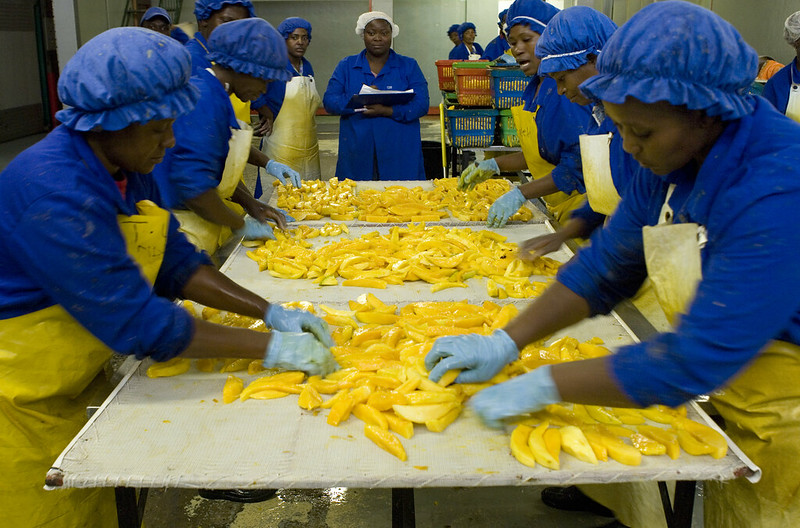
This policy brief discusses how Covid-19 containment measures have affected the performance of the food and beverage manufacturing industry in Africa.
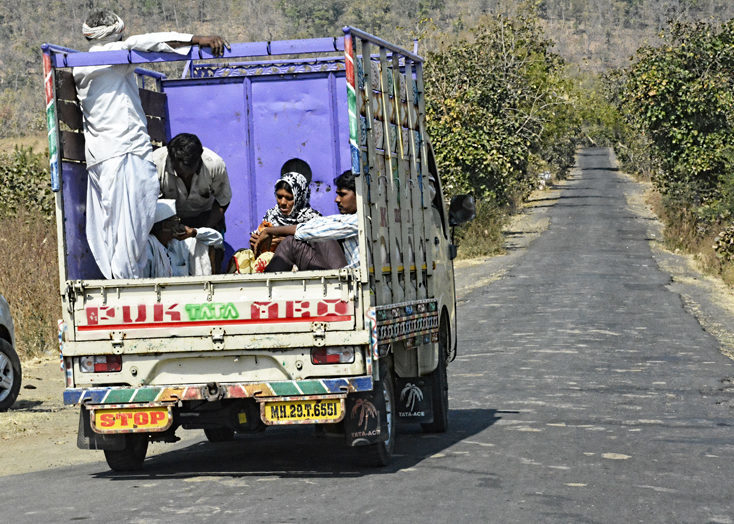
This policy brief assesses the impact of Covid-19 containment measures on the income and welfare of Indian migrant workers.
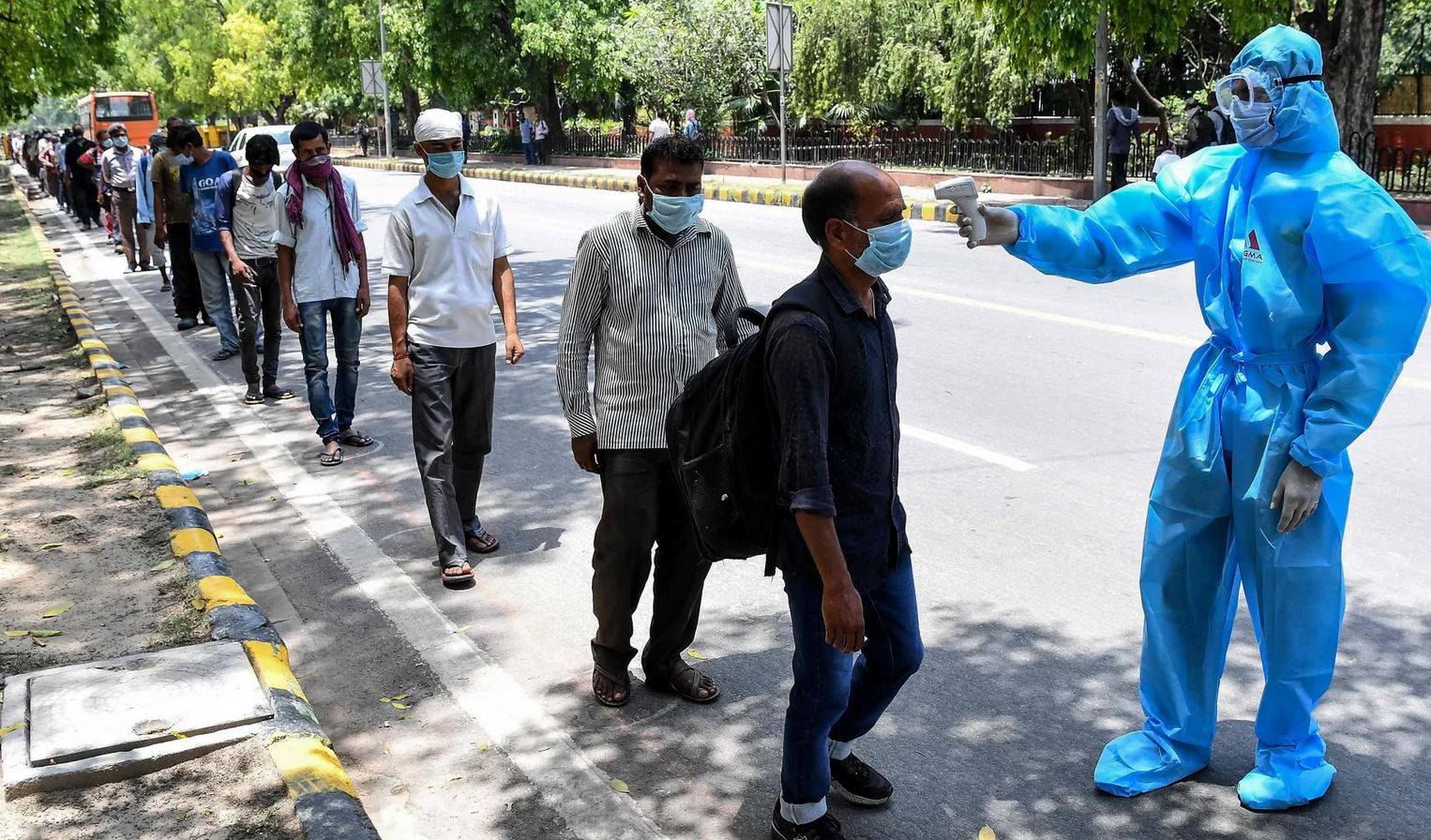
This study examines the impact of the Covid-19 pandemic and the related nationwide lockdown on the Indian economy, particularly on food systems. It also takes up an important issue of millions of migrant workers in India who seem to have suffered the most during this period.
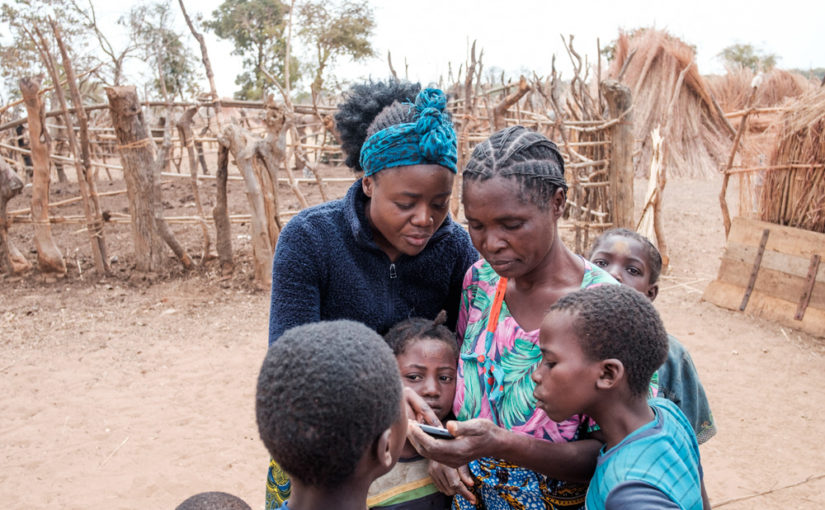
This article examines the underlying structure and prioritizations of value creation sources in aggregator platforms for digital services in agriculture from the perspective of likely users in Kenya.

This review synthesises broad recent literature on why insurance take-up has remained low and what strategies might be employed to spur its take-up among farmers and pastoralists in Sub-Saharan Africa.

The PARI annual report 2020 presents the highlights of PARI research conducted in 2020.
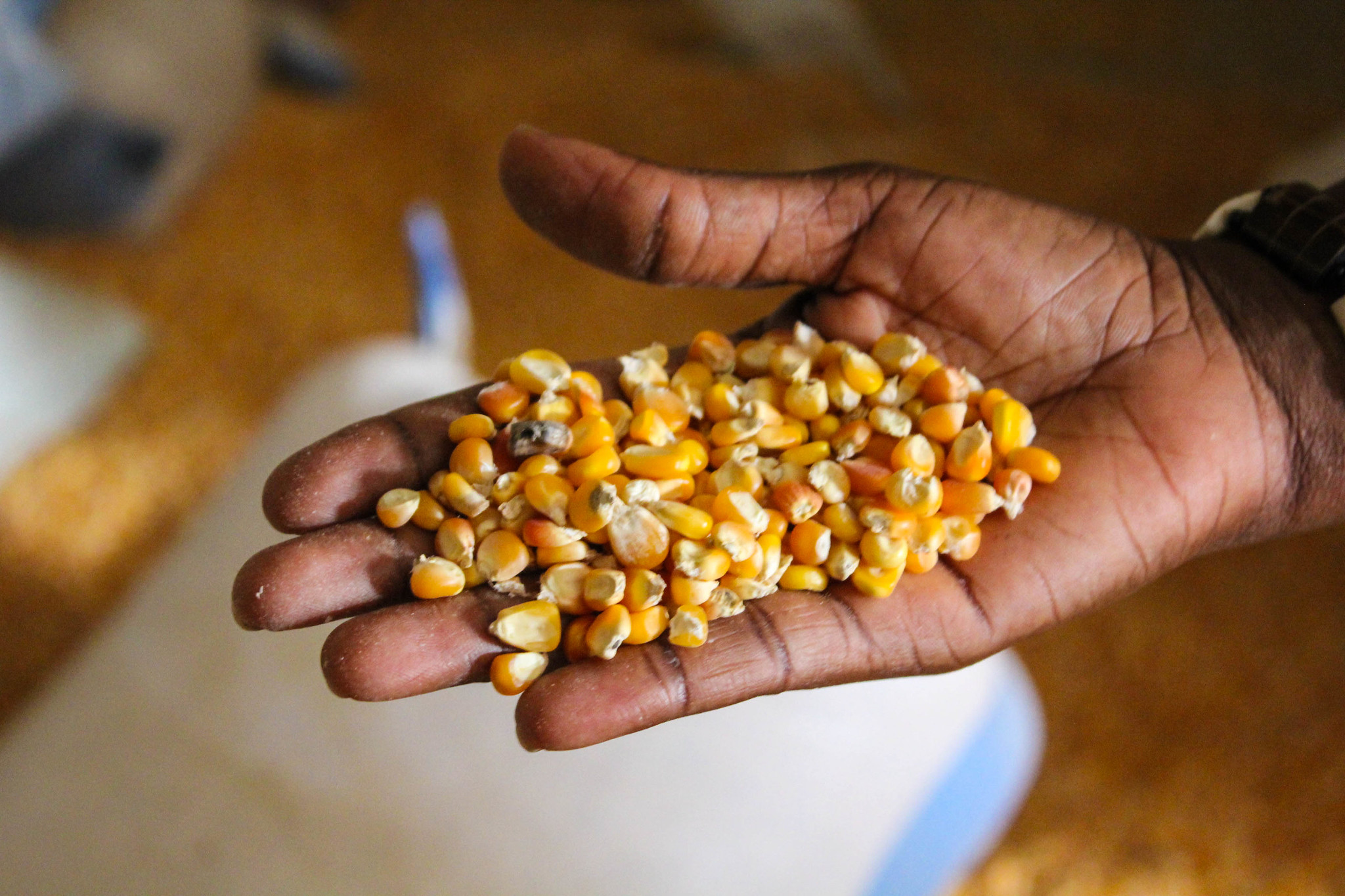
This paper reviews the performance of decentralized seed systems in Uganda and Tanzania.
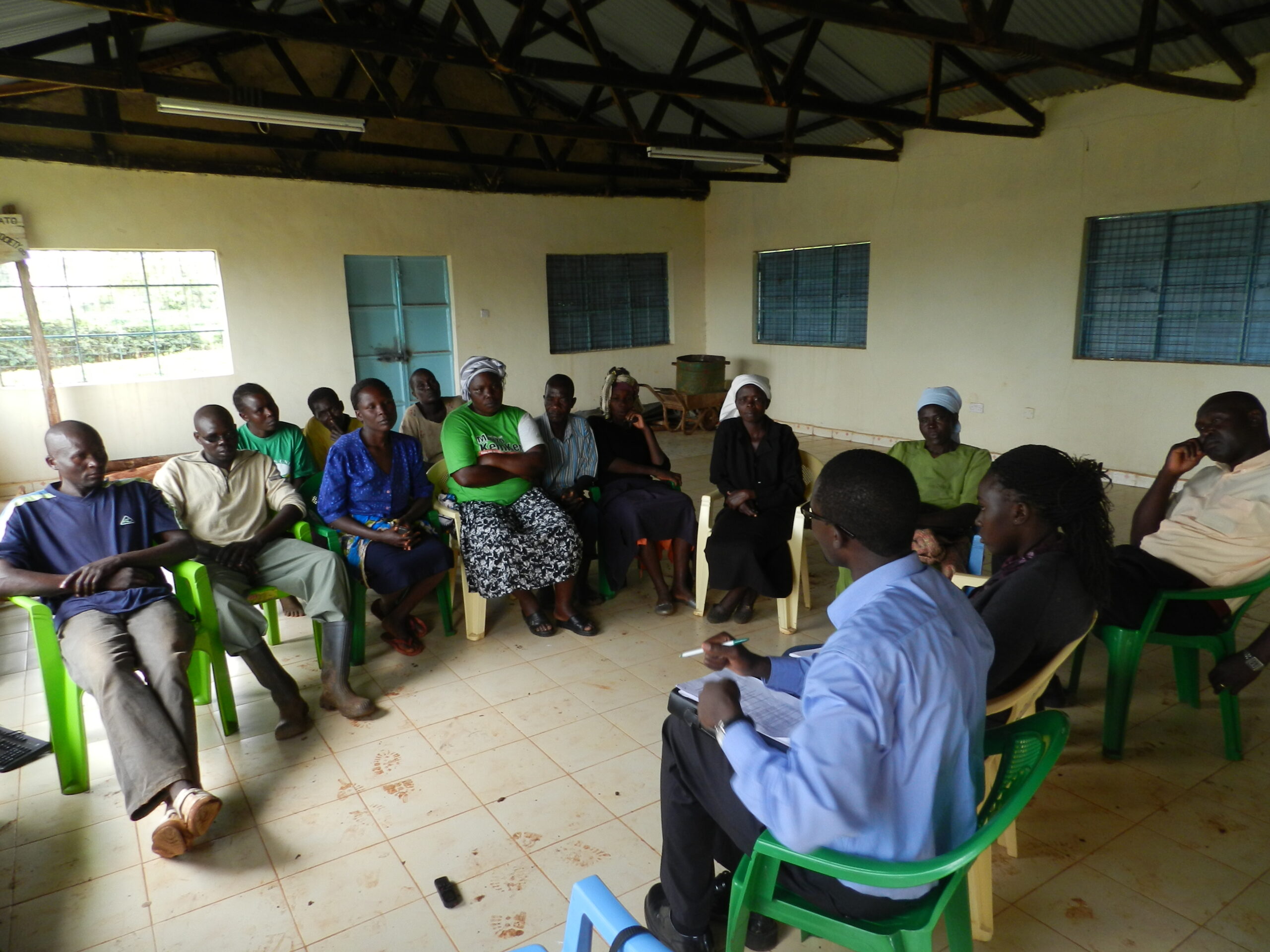
This study provides an overview of the state of continental and regional FOs in Africa. Using three-country (Senegal, Uganda and Zambia) case studies, it discusses the structure, functioning, objectives, and financing of the FOs in these selected countries.
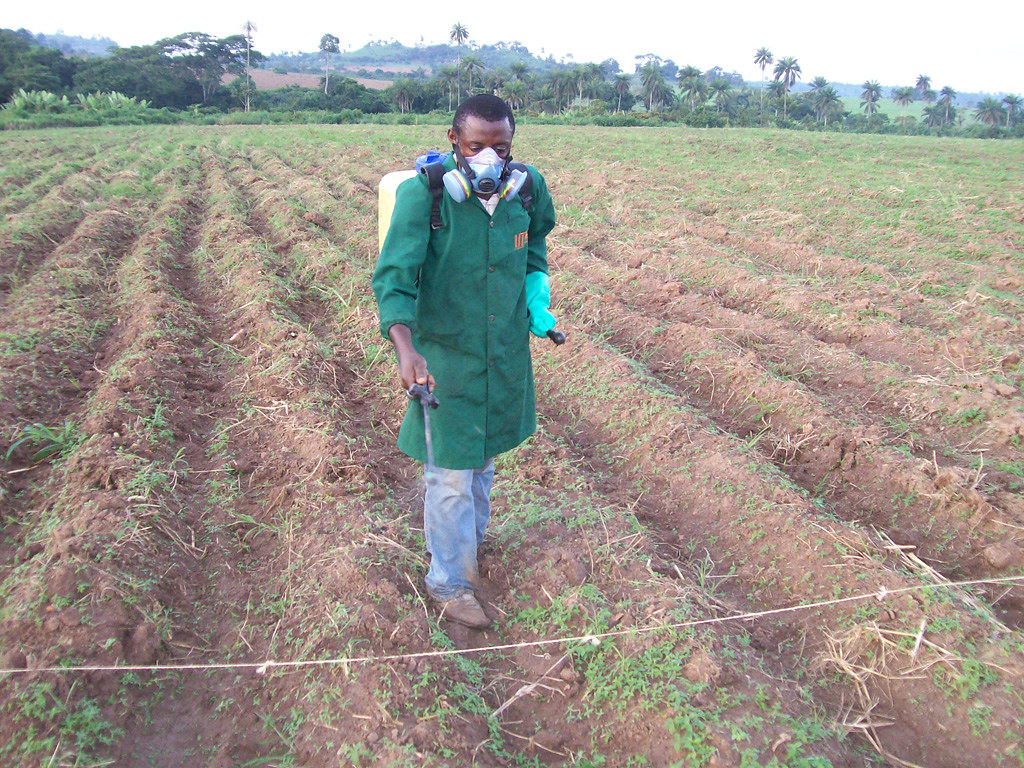
This study examines the role of edible weeds for rural diets in Zambia and explores how herbicides affect the consumption of edible weeds.

This paper synthesizes a set of national case studies at the nexus of land degradation, climate change and energy in the Sahel.
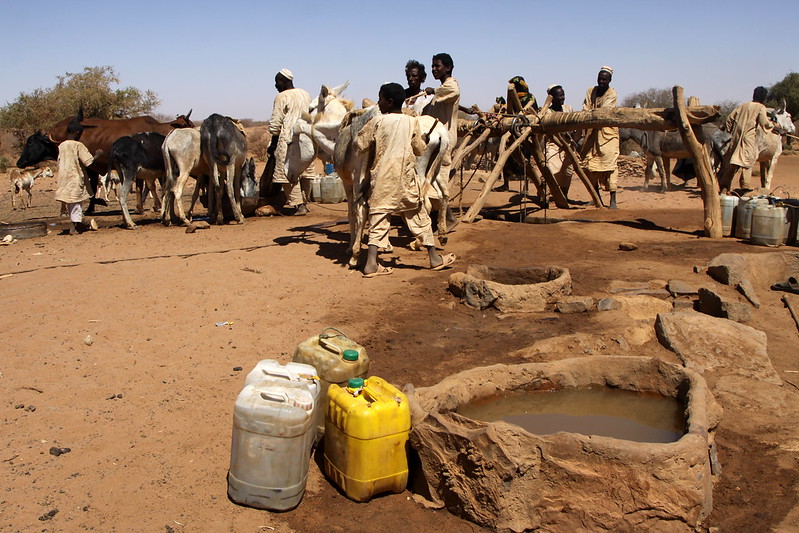
A study in the Sudano-Sahel Initiative for Regional Development, Jobs, and Food Security.